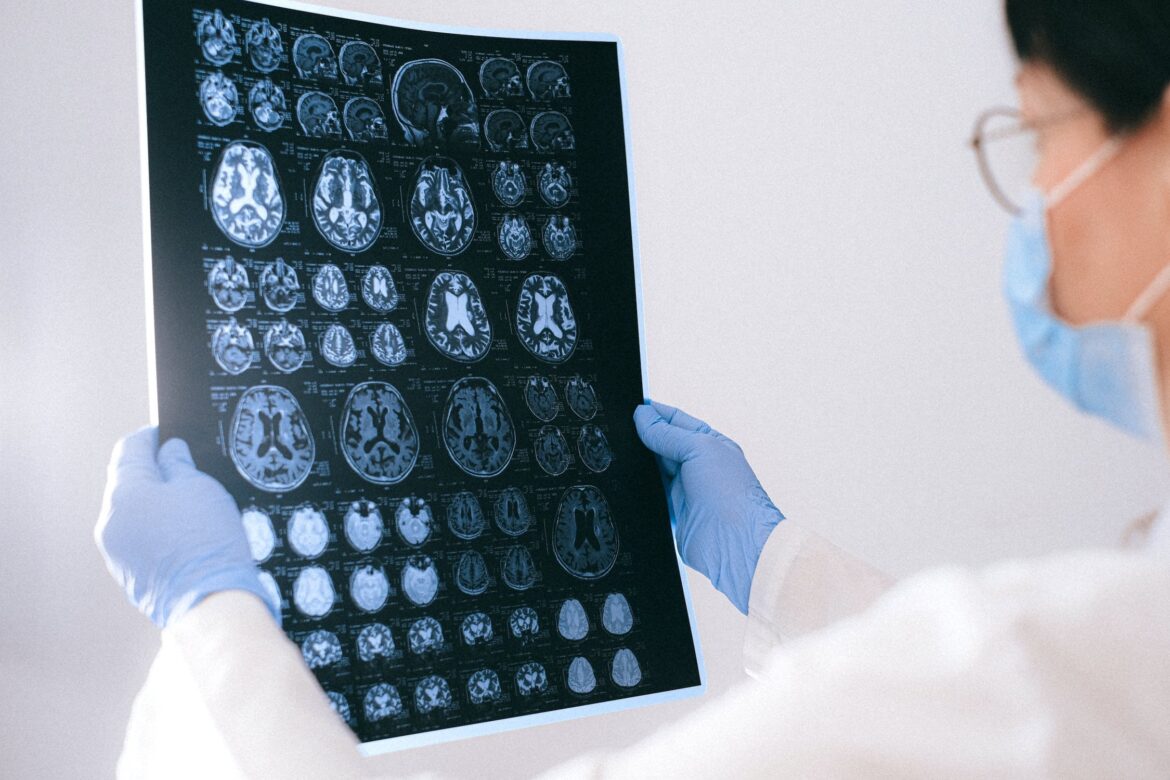Laura Ungar, from the Associated Press, has a fantastic article on one woman’s account of how an innovative experimental therapy for treating depression (“Deep Brain Stimulation”) saved her life.
Read Ungar’s article, but here’s the gist:
Deep Brain Stimulation involves brain surgery, wherein metal electrodes are put in the subcallosal cingulate cortex — the area of the brain that helps regulate emotional behavior and feelings of sadness.
Once there, it works by correcting the abnormal brain circuitry involved in depression by delivering constant low voltage pulses.
Doctors say the stimulation helps because electricity speaks the brain’s language. Neurons communicate using electrical and chemical signals.
In normal brains, [Dr. Brian] Kopell [of Mount Sinai’s Center for Neuromodulation] said, electrical activity reverberates unimpeded in all areas, in a sort of dance.
In depression, the dancers get stuck within the brain’s emotional circuitry. DBS seems to “unstick the circuit,” he said, allowing the brain to do what it normally would.
Keep reading for more, because there’s important stuff.
Namely, some scientists are still skeptical that DBS actually works for depression (based on some studies).
Others believe it works (Based on some studies. The seminal study of studies, published in Frontiers in Neurology, in 2022 found that results for this particular type of DBS for depression were “promising”).
However, there are barriers.
Every person has a different brain, and for this to work for depression specifically, DBS needs to target (and be placed in) the precise area where Person X has an abnormality, and the precision doesn’t just end in something as simple as “put it in the SCC.”
However, it’s doable. After all, doctors tailor every major, elective surgery precisely to a particular patient.
If you have a stomach condition and need part of your colon out, you need scans of your stomach giving precise information about the diseased location and you go from there, and it’s extremely individual and involved.
Pacemakers are a pretty big deal too.
However, nothing quite approximates the complexity, though, of the human brain, so that’s why some are skeptical this can be scaled.
But researchers are trying to do just that, and those at Abbott Laboratories are looking for FDA approval right now for DBS for treatment-resistant depression.
NOW let’s consider some facts — lest you think we’re headed into a brave new world or that this is some kind of “transhumanism,” nothing could be further from the truth.
DBS has already been approved and used for Parkinson’s disease in select cases since 1997, with a 30-60% improvement in motor score evaluations.
DBS was approved for drug-resistant epilepsy in 2018. That’s a big deal, because nearly 40% of patients with epilepsy don’t respond to drugs.
DBS was approved for select patients for OCD in 2009, thanks to a 60% response rate among those suffering with treatment-resistant OCD.
However, this is still rare procedure even among FDA approval diseases, because this is a major surgery with risks, and it’s only used in a specific subset of a population with specific treatment-resistant conditions.
Nevertheless, it’s important that scientists are paving the way towards potentially more direct, more effective ways of helping treatment-resistant depression.
And if you’ve ever had major depression that seems absolutely resistant to any kind of treatment on any level — if you’ve experienced years and years of utter hopelessness even while knowing you have the hope of Christ, if you’ve experienced the physically-damaging, emotionally-draining, relationship-destroying effects of major depression……… brain surgery might not seem so bad.
I’m worried that Christians will look at this and say, “Transhumanism!” when this is really no different in theory from a pacemaker (indeed, it’s been called a “brain pacemaker”).
Then there’s the inevitable skeptical Christian saying: “C’mon. Taking medication is crazy enough for your supposed condition. But brain surgery?!”
Well, if researchers can figure out how to do this safely and effectively for a proven medical condition like depression that is treatment resistant for particular patients and devastating their lives, why shouldn’t this be a discussion — just like surgery is for any other diseased part of our bodies?
Meanwhile…
if you’re struggling with depression (as I do!).
For readers from the United States….
Find a psychiatrist here.
Find a therapist here.
For readers, internationally, please seek help from a local resource.
If you’re having thoughts of harming yourself or others, please call the National Suicide Lifeline at 1-800-273-8255.

